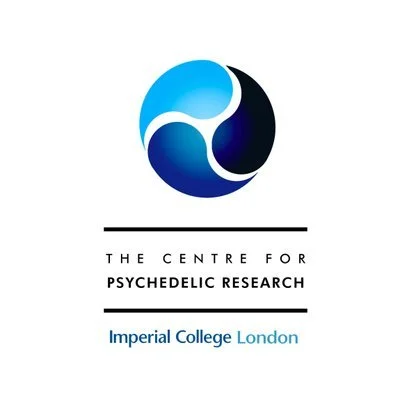Bringing ayahuasca into legally regulated care will be a turning point in how we understand and treat mental health
A new dawn in mental healthFOLLOW THE SCIENCE

Psychedelic therapies – particularly ayahuasca and 5‑MeO‑DMT – are uniquely capable of rapidly and intensively surfacing and resolving trauma, where conventional approaches often fail.
Crisis in mental health
The UK faces a growing mental health crisis and a significant economic burden
1 in 4
people are affected by poor mental health, and 2 in 3 during their lifetime.
over 7,000
lives are lost to suicide, more than one in every 10,000 people.
Source: House of Commons Library: Research breifing: suicide statistics, 8 January 2025
£300bn
is lost to the economy because of poor mental health, 12% of GDP.
Source: The Guardian, 27 March 2024
What is Ayahuasca?
Ayahuasca is an emotionally demanding therapeutic process involving the psychedelic compound N,N‑dimethyltryptamine (DMT). Taken as a small drink, it is combined with a monoamine oxidase inhibitor to make it orally active and therapeutically effective. The experience typically unfolds as a vivid, dream-like emotional journey. Each guided session lasts four to five hours, enabling individuals to revisit and reframe trauma from a new perspective.
Scientific credibility
UK institutions – particularly Imperial College London – are leading international research in this field, but legal barriers are slowing and restricting progress.
Political momentum
Political interest in psychedelic-assisted therapy is growing, recognising the urgency of the mental health crisis and the need for innovation in care.
In the media
Psychedelic-assisted therapies, particularly ayahuasca and 5-MeO-DMT, offer breakthrough potential.
The UK faces a growing mental health crisis and a significant economic burden – yet transformative treatments remain out of reach due to outdated policy. The UK is falling behind international peers in turning evidence into access.
What is needed
Government-backed clinical research and pilot programmes
A review of Schedule 1 drug classification for psychedelics with therapeutic potential
A legal and regulatory framework for access in authorised and controlled settings
Professional training and standards for safe and ethical delivery.













